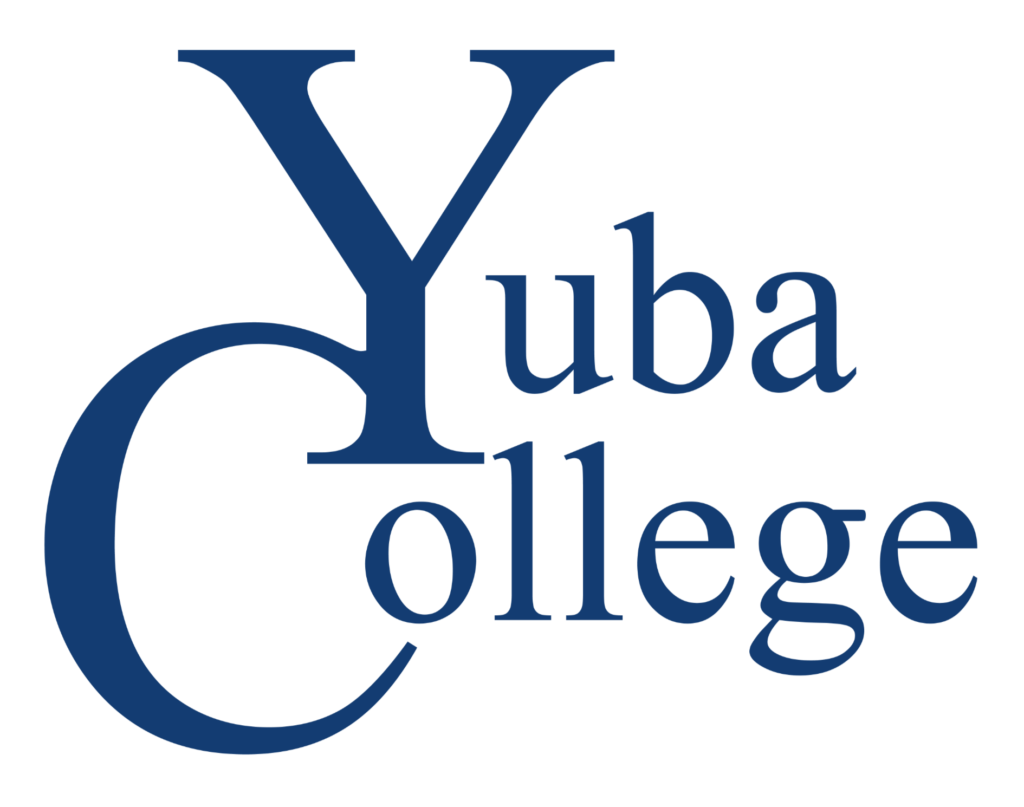The associate degree represents more than an accumulation of units. Instead, it embodies completion of a well-defined pattern of learning experiences that are designed to develop certain capabilities. Title 5, Section 55061 describes the completion of general education as a learning experience that demonstrates “the ability to think and to communicate clearly and effectively both orally and in writing; to use mathematics; to understand the modes of inquiry of the major disciplines; to be aware of other cultures and times; to achieve insights gained through experience in thinking about ethical problems; and to develop the capacity for self-understanding.” In 1993 the Yuba College Curriculum Committee adopted the following philosophy statement:
Yuba College General Education Philosophy Statement
General Education at Yuba College is more than a set of required courses. It is a course of study designed to assist the student in beginning an effective lifelong learning process in which the interrelationships of human knowledge and experience are recognized. Embodied in this design is recognition of the student’s need to think and communicate effectively, both orally and in writing; to use mathematics; to understand the modes of inquiry of the major disciplines; to be aware of other cultures and times; to achieve insights gained through experience in thinking about ethical problems; to develop the capacity for self-understanding, and to understand the issues related to and the ways in which health and well-being can be maintained.
General Education Criteria
A general education course shall:
- Reflect the ideals of the Yuba College General Education Philosophy Statement.
- Fit the definition of the area into which it will be placed.
- Contain a rigorous collegiate-level presentation of theory, abstraction, practical information, and knowledge.
- Expose students to the appropriate exercise of learning skills.
- Expose students to a broad spectrum of beliefs or knowledge of general subject matter area.
Further, a general education course shall generally:
Require students to make critical comparisons within the general subject matter area.
- Enable students to examine, evaluate, and express individual values.
- Further the understanding of the cultural, scientific, political, and social contributions of women and ethnic minorities.
- Integrate specific information with that of different subject areas.
- Include historical information, technological development, artistic expression, and intellectual ventures and—where appropriate—should consider implications for the future.
- Further the development of students’ emotional and physical well-being.
All courses shall meet the first set of criteria listed above (a-e) for general education courses. Courses qualifying for general education may also satisfy one or more of the additional criteria (f-k).
If a course meets the criteria for a general education course, then it may be considered for application toward areas A, B, C, D1, D2, and E. The area definitions from Title V, Section 55806 are as follows:
- Area A Natural Sciences – A course of study which is specifically designed to introduce the student to a broad pattern of principles upon which is based the study of the natural world, its life forms, and the transformations of matter and energy, as well as the procedure by which new information is acquired and the scientific method. It shall promote an understanding of the relationships between science and other human activities. This category would include introductory or integrative courses in astronomy, biology, chemistry, general physical science, geology, meteorology, oceanography, physical geography, physical anthropology, physics, and other scientific disciplines.
- Area B Social and Behavioral Sciences – Courses in the social and behavioral sciences are those that focus on people as members of society. They satisfy the general education requirement in social and behavioral sciences, a course shall help the student develop an awareness of the method of inquiry used by the social and behavioral sciences. It shall stimulate critical thinking about the ways people act and have acted in response to their societies and should promote appreciation of how societies and social subgroups operate. This category includes introductory or integrative survey courses in cultural anthropology, cultural geography, economics, history, political science, psychology, sociology and related disciplines.
- Area C Humanities – Courses in the humanities are those courses that study the cultural activities and artistic expressions of human beings. To satisfy the general education requirement in the humanities, a course will help the student develop an awareness of the ways in which people throughout the ages and in different cultures have responded to themselves and the world around them in artistic and cultural creation and help the student develop aesthetic understanding and an ability to make value judgments. This category includes introductory or general interest courses in art, music, religion, literature, and some courses in philosophy, foreign languages, and related disciplines.
- Area D Language and Rationality – Courses in language and rationality are those which develop for the student the principles and applications of language toward logical thought, clear and precise expression and critical evaluation of communication in whatever symbol system the student uses.
- D1 English composition – Courses fulfilling the written composition requirement shall be designed to include both expository and argumentative writing.
- D2 Communication and Analytical Thinking – Courses fulfilling the communication and analytical thinking requirement can be chosen from approved courses in mathematics, logic, computer literacy, oral communication, statistics, and related disciplines.
- Area E General Education Electives – Courses in this category may include those listed in groups A – D and other approved courses that foster the Yuba College General Education Philosophy (e.g., Ethnic Studies, Health Education, Physical Education, and Recreation).
- Health/Physical Education – all students are required to successfully complete either: Health 1, Health 13, or Family and Consumer Science 11 OR two physical education activity courses.
- Multicultural – all students are required to fulfill the Multicultural Graduation Requirement by completing three or more units.
